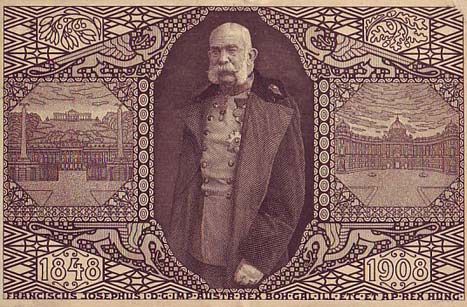 |
| British sheet music, published in 1914, using young women to encourage young men to enlist in the British Army. |
My reflections on the New Year 2014 bring me back 100 years to 1914. As a lover and student of history, I believe that the year 1914 may be the most significant one of the 20th century. As a keeper of family history, the year 1914 had consequences that affected my extended family profoundly.
Some historians believe that the 19th century ended not in 1900, but in 1914. The events of that year certainly changed the world and its effects are still with us. I will be writing about World War 1 from time to time in 2014.
World War I began on August 28, 1914, when Austria-Hungary declared war on Serbia. The cause? The assassination of Arch-Duke Francis Ferdinand, heir to the throne of Austria-Hungary, by Serbian nationalists in Sarajevo, which is today in Bosnia. Why did such an event cause a war that changed the map of Europe, resulted in the end of four empires, the death of 8.5 million soldiers, 17 million wounded, with a total of 37.5 million killed, wounded or lost?
When the European powers started this war in August, 1914, they were convinced that it would end by December. The soldiers were sent off with the blessings of religious leaders, all the parties sure that God was on their side. Later, it was called "The Great War", "The War to End all Wars," and people were told that "The war would make the world safe for democracy.'
It ended with an Armistice on November 11, 1918. As a result of the war, countries disappeared from the map, new countries appeared, and boundaries were redrawn in Europe, Asia and Africa.
 |
| Europe in 1914, showing the Triple Alliance and the Triple Entente, |
In the years leading up to the First World War, the three European empires were forming secret military alliances in case some kind of hostility developed. Great Britain ruled the seas and controlled colonies that included India, South Africa, and a good part of the rest of Africa, Canada and Australia. Germany was a new country, uniting several smaller countries into the German Empire in 1870. It was a developing military power and wanted to build an empire that rivaled Great Britain's. The two other empires, Russia and Austria-Hungary were older, weaker, poorer, and made up of many religious and ethnic groups. They were mostly agricultural, and beginning to industrialize. An interesting fact was that the ruling families of the British Empire, The Russian Empire and the German Empire were related by blood and marriage. Of the four empires, only in Great Britain did the people have any say in the government. The others were absolute monarchies where the people had little or no say in how the empire was run.
The government of Germany was afraid of the possibility of a war on two fronts, as you can see from the map. Ever since Germany consolidated their empire in 1870, bordering countries like France, which lost territory to Germany, were not on friendly terms with their neighbor. Russia bordered on the east, and was considered to be a threat to Germany, mainly because of its large population of potential soldiers.
 |
| Tsar Nicholas II of Russia ,George V of Great Britain and Kaiser Wilhelm II of Germany were cousins. |
The first alliance Germany made was with Austria-Hungary. Spying was just as active 100 years ago as it is today, and the British and French caught wind of this alliance quickly. The Triple Entente was formed by Great Britain, France and Russia to counteract the Triple Alliance. Later the Ottoman Empire, based in Turkey joined with Germany. Now, remember, these alliances were super secret, and most subjects of the empires involved had no idea that they existed.
What was so surprising was that Europe had finished a century of relative peace and prosperity. Why were these military alliances necessary? Germany had spent years building an army and navy and developing weapons-- the weapons of mass destruction of the day. It had aggressively expanded its territory by taking parts of France and Denmark. The British were worried about the growing Germany Navy. There were problems, in Russia, the government was terrified of any dissent, especially since Tsar Alexander II was killed in 1881, by a radical group that demanding change. The government became more hard line, with a policy of Nationalism, Autocracy and Orthodoxy. The government of Austria-Hungary was more liberal; but the empire was made up of many ethnic and religious groups who were demanded more participation in the Empire's affairs, more self government, and possible independence from the Empire. Its ruler, Franz Joseph was elderly, his son and heir had committed suicide years earlier. The Archduke Franz Ferdinand, his grandson, was taking over ceremonial duties for his grandfather. This is why he was in Sarajevo on June 28, 1914.
 |
| Emperor Franz Joseph celebrating fifty years as Emperor of Austria-Hungary. |


No comments:
Post a Comment